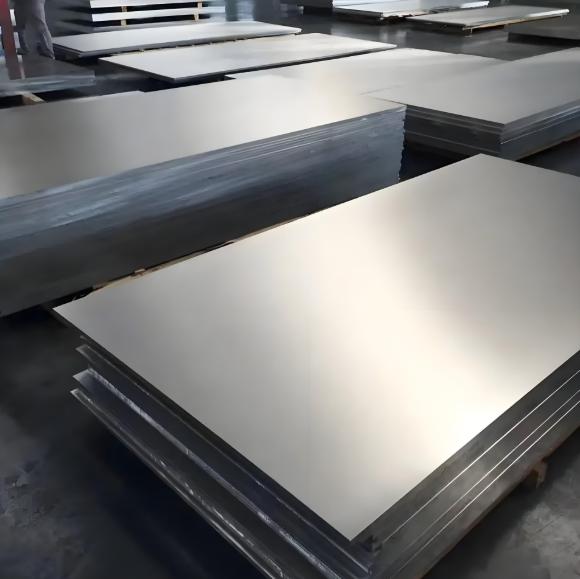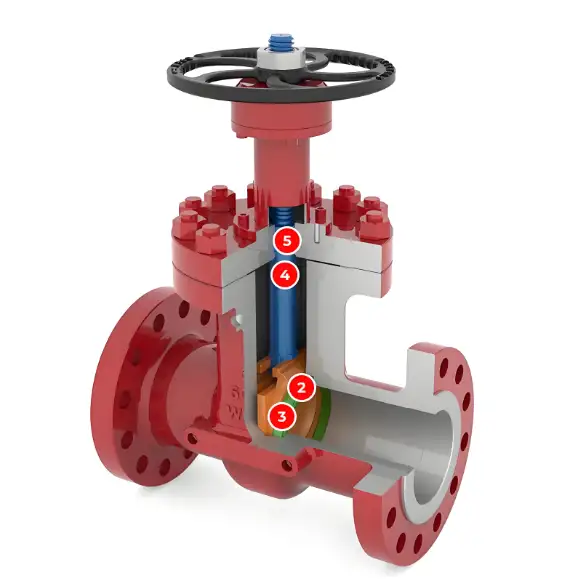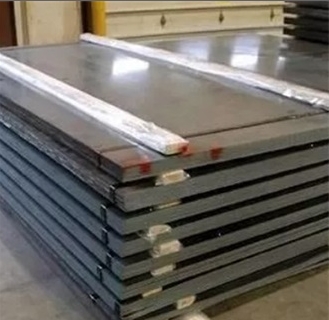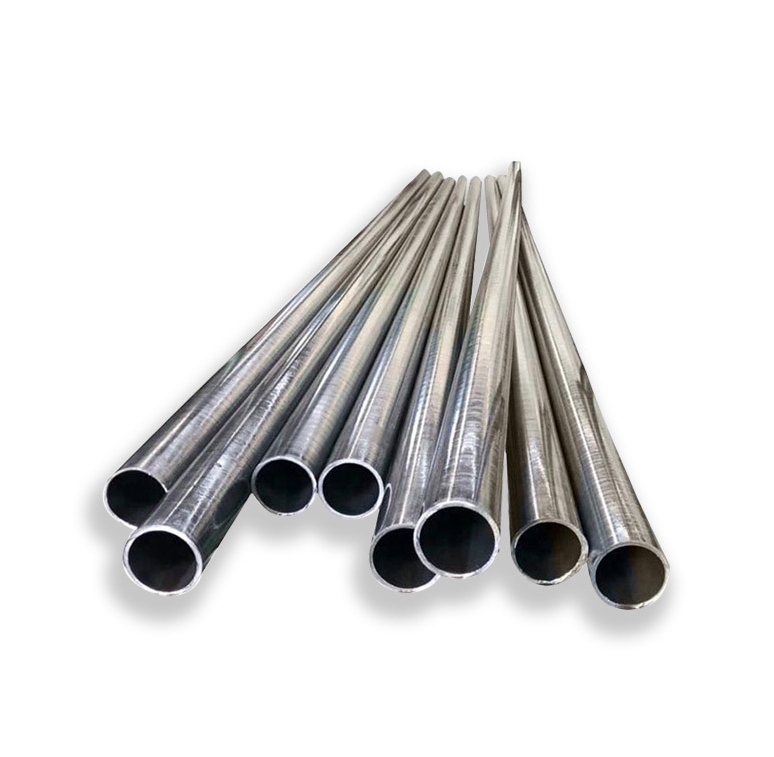When selecting materials for construction or manufacturing, understanding the properties of A36 carbon steel plate is essential. Its load capacity and cutting techniques are crucial factors that influence its performance. This article dives deep into these aspects, helping you make informed decisions. Whether you’re a seasoned engineer or a DIY enthusiast, you’ll find valuable insights here.
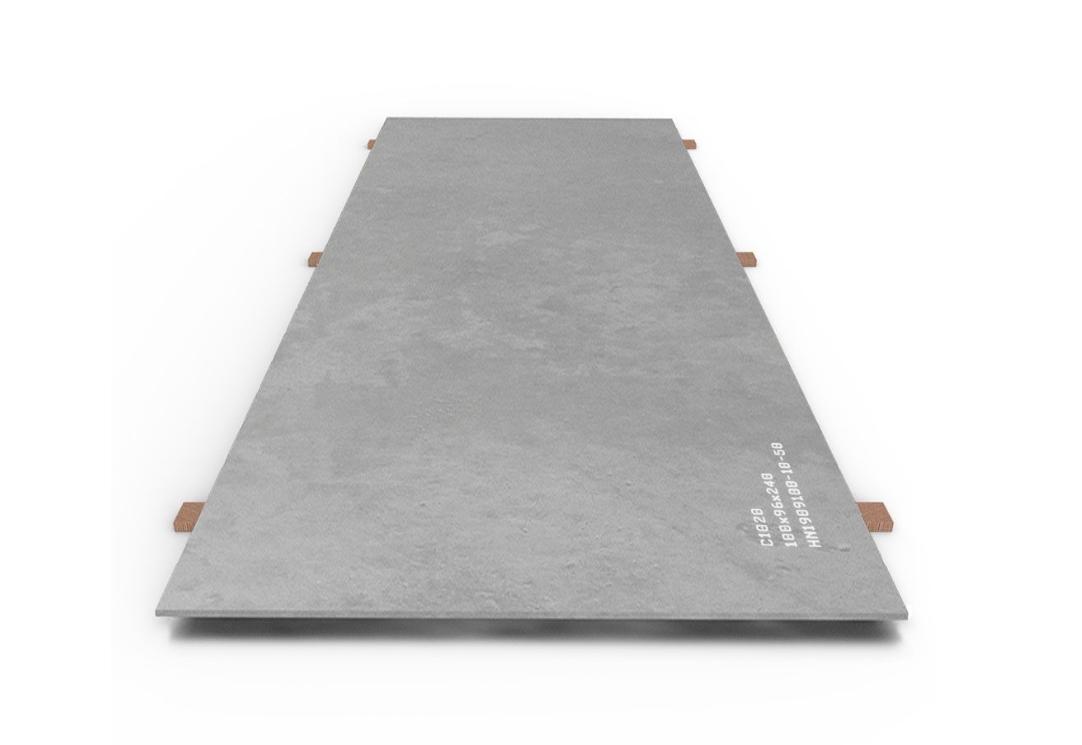
What Is A36 Carbon Steel Plate?
Defining A36 Carbon Steel Plate
A36 carbon steel plate is a widely used structural steel grade. It offers excellent weldability, machinability, and strength. Its versatility makes it ideal for bridges, buildings, and heavy machinery. The steel’s composition includes carbon, manganese, and small amounts of other elements, contributing to its durability.
Why Choose A36 Carbon Steel Plate?
This steel grade is popular because of its affordability and reliable load-bearing capacity. It can handle significant stress without deforming, making it suitable for various structural applications. Plus, it’s easy to cut and shape, which simplifies fabrication processes.
Load Capacity of A36 Carbon Steel Plate
Factors Influencing Load Capacity
Understanding load capacity involves considering thickness, width, and length of the steel plate, along with the type of load—static or dynamic. Temperature and support conditions also play roles. For example, thicker plates naturally support more weight.
Typical Load Ratings
For example, a 1-inch thick A36 carbon steel plate can support approximately 20,000 pounds per square foot under ideal conditions. However, this varies based on support and load type. Consulting structural engineering tables is recommended for precise calculations.
Real-World Application
In my experience, a ½-inch A36 carbon steel plate used in a warehouse mezzanine supported loads exceeding expectations, thanks to its high strength-to-weight ratio. This demonstrates the steel’s capacity when properly designed.
Cutting Techniques for A36 Carbon Steel Plate
Common Cutting Methods
Cutting A36 carbon steel plate can be achieved through various techniques:
- Oxy-fuel cutting: Suitable for thick plates, cost-effective, but produces rough edges.
- Plasma cutting: Offers precision, ideal for detailed cuts, and works well on thinner plates.
- Laser cutting: Provides high accuracy, perfect for intricate designs, but more expensive.
- Water jet cutting: Uses high-pressure water with abrasives; excellent for complex shapes without heat distortion.
Selecting the Right Technique
Choosing the appropriate method depends on the plate’s thickness, complexity of cut, and budget. For instance, laser cutting is excellent for precision but may not be cost-effective for large volumes.
Cutting Tips
Ensure the steel is clean and free from rust or paint before cutting. Proper safety gear, like gloves and goggles, is essential. Additionally, maintaining equipment calibration ensures cleaner cuts and longer tool life.
Comparing Cutting Techniques: Pros and Cons
| Technique | Precision | Cost | Thickness Limit | Best For |
|---|---|---|---|---|
| Oxy-fuel | Low | Low | Thick (>2 inches) | Heavy-duty cutting |
| Plasma | Moderate | Moderate | Up to 2 inches | General purpose |
| Laser | High | High | Thin to medium | Detailed designs |
| Water jet | Very high | High | Any | Complex shapes |
Source: Manufacturing Journal (2023)
Step-by-Step: How to Properly Cut A36 Carbon Steel Plate
- Assess Your Project Needs: Determine the design, thickness, and complexity of cuts.
- Choose the Right Cutting Method: Based on precision and budget.
- Prepare the Steel Plate: Clean the surface to remove rust or paint.
- Set Up Equipment Correctly: Calibrate your cutting tool for accuracy.
- Perform Test Cuts: Start with scrap pieces to fine-tune settings.
- Execute Final Cuts: Follow your design, maintaining safety protocols.
- Post-Cut Finishing: Smooth edges with grinding tools if necessary.
- Inspect the Work: Check dimensions and edge quality.
- Apply Protective Coating: To prevent rust and corrosion.
- Document the Process: For quality control and future reference.
Common Mistakes and How to Avoid Them
⚠️ Note: Don’t forget to verify the steel’s grade before cutting. Using lower-grade steel can compromise load capacity.
⚠️ Note: Avoid rushing the setup process. Proper calibration prevents uneven cuts and material wastage.
⚠️ Note: Be cautious with heat-based cutting methods; excessive heat can alter the steel’s properties.
Real-Life Case Study
During a recent project, I needed to cut A36 carbon steel plate for a custom frame. I initially tried oxy-fuel cutting, but the edges were rough, requiring extra grinding. Switching to plasma cutting improved precision and reduced finishing time. This experience underscored the importance of selecting the right technique for the task.
Comparing A36 Carbon Steel Plate With Other Grades
Here’s a quick comparison between A36 carbon steel plate and other common grades:
| Property | A36 Carbon Steel Plate | ASTM A572 | Q235 Steel |
|---|---|---|---|
| Strength | Moderate | High | Moderate |
| Weldability | Excellent | Good | Good |
| Cost | Low | Moderate | Low |
| Common Uses | Construction | Structural beams | General fabrication |
Source: Steel Data Reports (2023)
Final Tips for Optimal Use
- Always verify steel dimensions before cutting.
- Use appropriate safety gear.
- Regularly maintain your cutting equipment.
- Consult with structural engineers for load calculations.
- Keep records of your fabrication process for quality assurance.
Practical Checklist for Working with A36 Carbon Steel Plate
- Confirm steel grade and specifications.
- Clean the steel surface thoroughly.
- Select the appropriate cutting method.
- Calibrate equipment properly.
- Perform test cuts on scrap material.
- Follow safety protocols during cutting.
- Inspect cuts for accuracy and quality.
- Smooth edges as needed.
- Apply protective coating to prevent rust.
- Document process and results.
Why Choose Our Company for Your Steel Needs?
At SteelPro Solutions, we specialize in A36 carbon steel plate supply. Our products meet strict quality standards, and we offer expert advice on load capacity and cutting techniques. We understand your project needs and provide tailored solutions. Trust us to deliver top-grade steel with reliable service. Contact us today for a quote and experience the difference.
Conclusion
A36 carbon steel plate is a versatile, reliable choice for many structural and fabrication projects. Knowing its load capacity and mastering cutting techniques can significantly enhance your project’s success. Remember to select the right method, follow safety protocols, and verify specifications. With proper handling, A36 carbon steel plate will serve your needs efficiently and safely.


